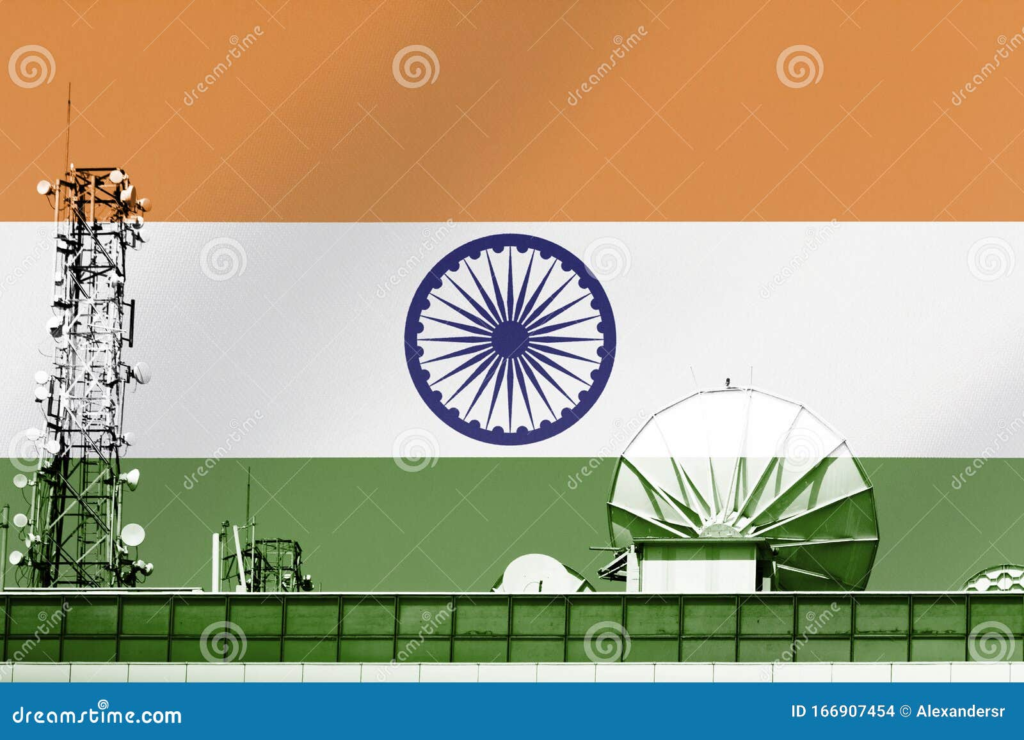Digital Public Infrastructure: An innovative outcome of India’s G20 leadership


India’s G20 leadership has elevated the concept of Digital Public Infrastructure from a latent term to a globally recognised driver of socioeconomic development. Expectations are now shifting to Brazil to sustain and expand this momentum


From latent concept to global consensus
Not more than a couple of years back, this highly jingled acronym of the present time – DPI (Digital Public Infrastructure), was merely a latent term. However, today it has gained an ‘internationally agreed vocabulary’ with wide-ranging global recognition. This could not imply that efforts in this direction had not been laid earlier, yet a tangible global consensus over the formal incorporation of the term was unattainable.
The complex dynamics of such a long-standing impasse or ambiguity over a potential consensus-based acknowledgement of DPI, has been prominently highlighted in a recently published report of ‘India’s G20 Task Force on Digital Public Infrastructure’. The report clearly underlines that.
While DPI was being designed and built independently by selected institutions around the world for over a decade, there was an absence of a global movement that identified the common design approach that drove success, as well as low political awareness at the highest levels of the impacts of DPI on accelerating development.
It was only at the helm of India’s G20 Presidency in September 2023 that the first-ever multilateral consensus was reached on recognising DPI as being a ‘safe, secure, trusted, accountable, and inclusive’ driver of socioeconomic development across the globe. Notably, the ‘New Delhi Declaration’ has cultivated a DPI approach, intending to enhance a robust, resilient, innovative and interoperable digital ecosystem steered by a crucial interplay of technology, business, governance, and the community.
Digital Public Infrastructure: An innovative outcome of India’s G20 leadership
The DPI approach persuasively offers a middle way between a purely public and a purely private strand, with an emphasis on addressing ‘diversity and choice’; encouraging ‘innovation and competition’; and ensuring ‘openness and sovereignty’.
Ontologically, this marks a perceptible shift from the exclusive idea of technocratic-functionalism to embracing the concepts of multistakeholderism and pluralistic universalism. These conceptualisations hold substance in the realm of India’s greater quest to democratise and diversify the power of innovation, based on delicate trade-offs and cross-sectional intersubjective understanding. Nevertheless, it is also to be construed that an all-pervasive digital transition increasingly entrenched into the burgeoning international DPI approach, has been exceptionally drawn from India’s own successful experience of the domestic DPI framework, namely India Stack.
India’s role in advancing DPI through G20 engagement and strategic initiative?
- What seems quite exemplary is the procedural dynamism with which actions have been undertaken to mobilise the vocabulary and effectiveness of DPI during various G20 meetings and conferences held within India. Most importantly, the Digital Economy Working Group (DEWG) meetings and negotiations were organised in collaboration with all the G20 members, guest countries, and eminent knowledge partners, like ITU, OECD, UNDP, UNESCO and the World Bank. As an effect, the Outcome Document of the Digital Economy Ministers’ Meeting was unanimously agreed to by all the G20 members and presented a comprehensive global digital agenda with appropriate technical nuances and risk-management strategies.
Recent Posts
Pahalgam guide became guardian angel for Chhattisgarh BJP worker: ‘Hugged the children, saved their lives’
When the attack took place on Tuesday, Agrawal (35) said other tourists pulled him to safety,…
Two terrorists killed in encounter in Baramulla’s Uri day after Pahalgam attack
Indian Army said the encounter broke out on Wednesday with approximately two-three terrorists attempting to infiltrate…
PM Modi’s Saudi trip | Nations to ink 6 pacts, PM to discuss Hajj quota with Crown Prince
Mr. Modi is on a two-day trip to Saudi Arabia at the invitation of Crown Prince…
J&K weather: Torrential rain wreaks havoc in Ramban, 3 killed; schools shut in valley today
Five people have lost their lives in rain-related incidents in the Jammu region in two days.…
4 killed as Municipal Corporation’s electric bus rams vehicles at traffic signal in Gujarat’s Rajkot
Driver hospitalised; CCTV shows bus didn’t stop at signal; RMC announces ₹15 lakh compensation to…
DC vs RR: Sanju Samson doffs his hat to Mitchell Starc’s genius after losing Super Over
Rajasthan Royals (RR) captain Sanju Samson was left in awe of Delhi Capitals speedster Mitchell…